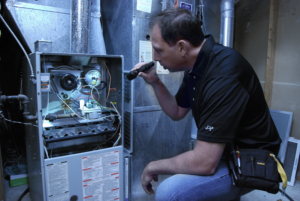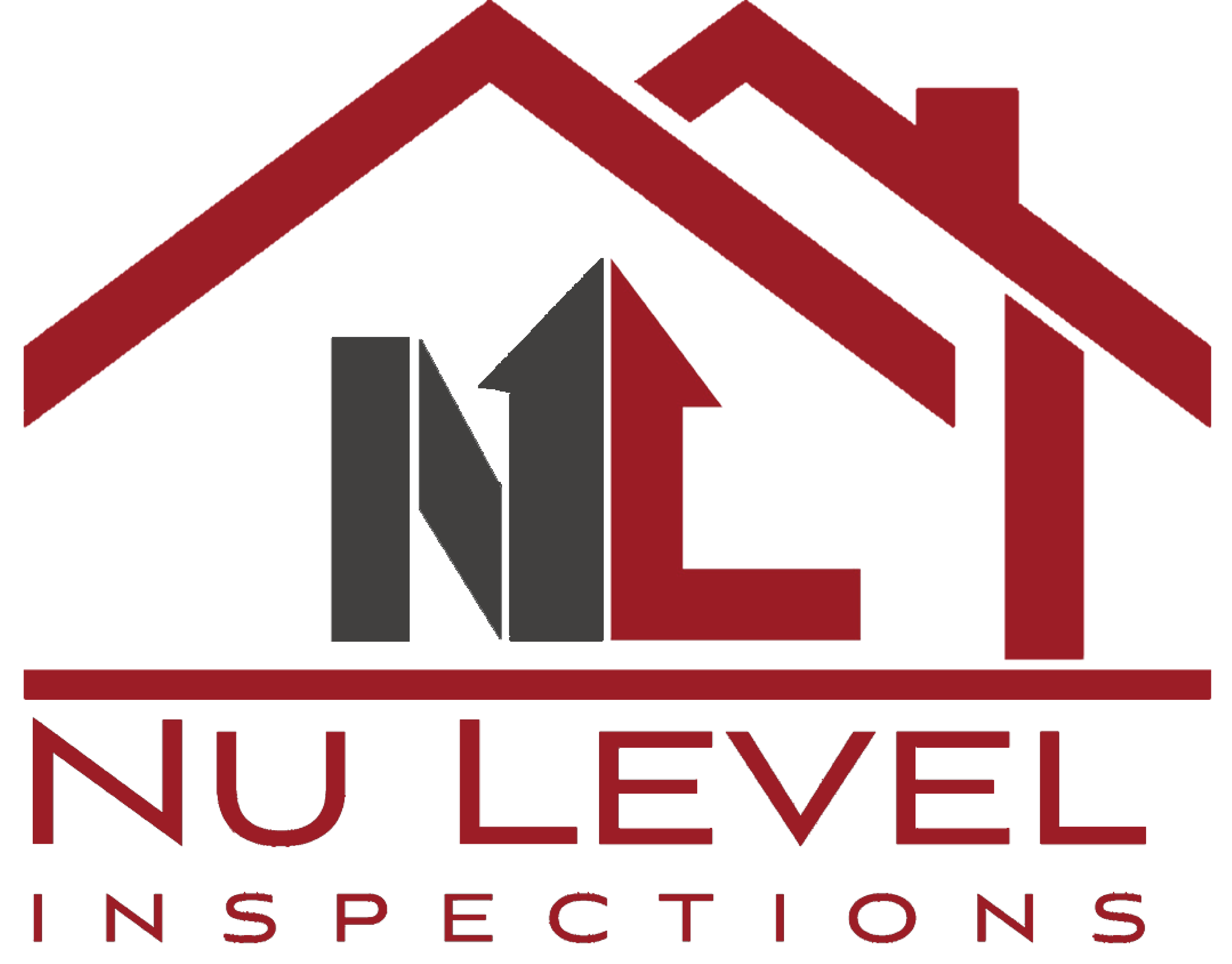What Is Included In A Home Inspection?

So, you have put in an offer on a home you are looking to purchase, and your realtor advises you to have a home inspection done. Most people do not use home inspectors very often, so having one that you know and trust in your contact list is probably unlikely. Your realtor will typically have a short list of companies that they have worked with in the past, and recommend…..but what is the inspector actually looking for? We have complied a list of items that all inspectors should be inspecting in order to meet the industry Standard Of Practice. This list is not all encompassing but it gives you an idea of what to expect. (different associations carry different standards that their inspectors must work to, but they are all fairly similar)
Keeping in mind that a home inspection is a visual inspection, and invasive testing and inspection methods are not permitted (ie. cutting holes in walls), a standard home inspection should include the following.
1) EXTERIOR: A complete examination of the exterior of the property:
Roofing material, wall cladding, windows, doors, trim, soffits, gutters and downspouts, lot grading, retaining walls, decks, fences, pergolas, sun-rooms and detached garages will be inspected and documented in the inspection report.
2) MECHANICALS: This will include an inspection and testing of the heating and air conditioning system, plumbing and electrical systems. Any items found not working correctly, or near the end of their typical life cycle’s, will be noted in the inspection report.
3) STRUCTURE: A visual inspection of all visible areas of the structure on the home. foundation walls, floor, wall and roof framing.
4) INSULATION: Insulation material in the walls (if visible) and in the attic will be documented and measured for depth to give a general R-Value.
5) INTERIOR: The entire interior of the home will be inspected. Appliances are tested via normal operating controls, plumbing fixtures tested, electrical outlets are also tested for correct wiring and safety functions.
The inspection should take approximately 2-3 hours depending on the condition and size of the home. Any defects will be photographed and noted in the inspection report.
THE REPORT: Your inspection report is required to be ready within 24 hours of the inspection. Some companies will have it for you the same day. It should detail everything that was inspected, with recommendations (and photos) for repairs/improvements and timelines for said items. If a component was not inspected, it must be detailed as to why.
ADDITIONAL SERVICES
Some companies will have additional services that you can add to your home inspection. Thermal Imaging, Radon testing, Mold and Indoor Air Quality testing, Sewer line Inspections, are some examples. Check with your service provider to see what they offer.
THINGS TO BE AWARE OF
1) Be aware of inspectors carrying multiple certifications.
On average it takes 4 years for someone to become a Journeyman tradesman. So, if your inspector is claiming to be “certified” in multiple areas, asking for clarification might be prudent. That’s not to say that the inspector is not qualified or does a bad job, but it can be misleading. For example, there are Home Inspector Associations that offer “Certification Courses” to their members. IE: Certified Electrical Inspector, Certified Plumbing Inspector, Certified Septic Inspector, Certified Mold Inspector etc.. and the inspector can hold any number of these certifications. (there’s more than 45 of them!) There is a lot of good information in the courses, but they are designed as a marketing tool, both for the association to attract more members, and for the inspector to advertise to their clients. However, the certifications are not recognized anywhere outside of the Association, and they are not the same as a Journeyman or Red Seal Ticket in a specific trade.
2) Beware of warranties and guaranties offered on inspection services:
YOUR HOME INSPECTED RIGHT OR WE’LL BUY IT!! Warranties and guaranties are insurance policies, again typically offered through the inspectors association. There will be a long list of limitations and items that are excluded from the policy, and a deductible will apply. Again, these are designed to be more of a marketing tool than a safety net for the client.

